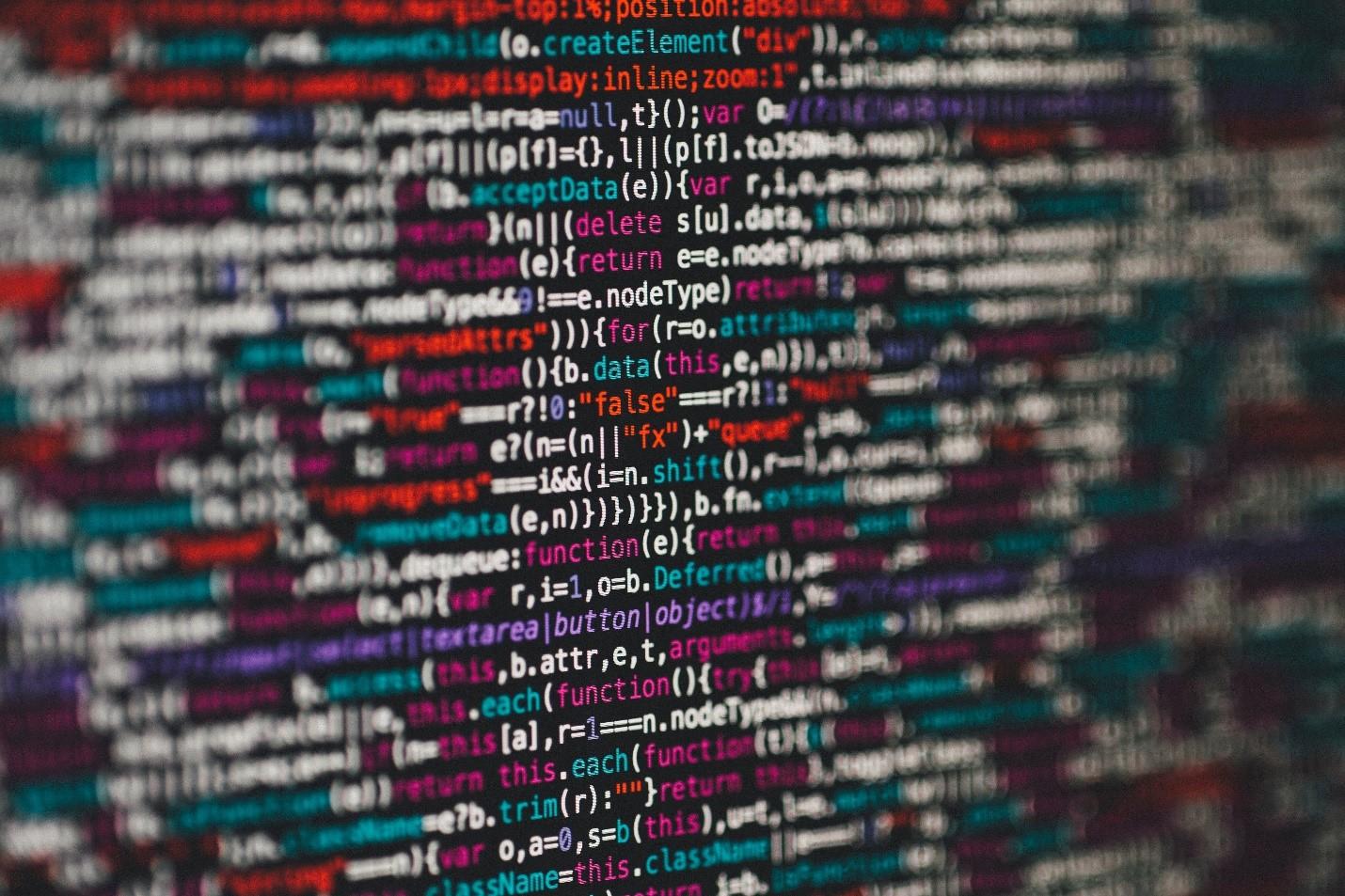What You Should Know About Data Analysis Career in Canada The fields of data engineering, data science, artificial intelligence and data analysis are experiencing rapid growth in Canada. Canada's abundance of job options has increased the breadth of these industries. Data analysis was listed as one of the top 15 emerging careers in Canada in[…]
28 June 2023∙7 minutes to read
The Best Reasons to Study Data Science What is data science and why should you ever study it? Studying data science is both overwhelming and exciting because it represents some of the world’s most in-demand jobs. You get the opportunity to work with a diverse range of industries handling a crucial part of their operation[…]
25 June 2021∙7 minutes to read
From Data to Action: Applied Statistics with Applied Analytics Key Takeaways Applied statistics predict outcomes, reduce risks, and improve decision-making in various industries and sectors. Statistics has historically evolved to improve economics and healthcare. Statistics is divided into two main branches: Descriptive and inferential. Applied statistics solves real problems, while theoretical statistics develops new mathematical[…]
16 October 2019∙6 minutes to read
Need Help with understanding Data Science?
Are you studying data science or looking for help with data analysis? Whether you’re at School, University, or pursuing a Career that uses Data, Superprof is here to help guide you. Learn everything you need to know about Data Science.
Hire one of our Data Analysis tutors to help with your work in person or online.
The Why, How, and Where of Studying Data Science Let’s face it: while learning data science sounds like an exciting proposition for data nerds the world over, the field still remains as alienating as it was at its inception. The word data science itself calls forth images of computing and solving complex algorithms or mind-numbing[…]
7 March 2019∙7 minutes to read
Everything You Need to Learn About Data Science What is data really? Data is defined by information about the world and its individuals that is collected and analyzed in order to aid in decision making. Although data is, today, often associated with helpful data visualization, such as charts and infographics, it is important to understand the[…]
22 January 2019∙7 minutes to read
In Canada, data science is one of the fastest-growing and most impactful fields in the digital economy.
From health care and finance to marketing and public policy, organizations across sectors rely on data scientists to extract insights, guide decisions, and drive innovation.
Behind every algorithm and dashboard is a combination of statistics, programming, and domain knowledge – making data science a powerful blend of technical and analytical skill.
Whether you’re aiming for a career shift or want to future-proof your CV, learning data science is a strategic and high-value investment.
Why study data science?
Data science goes far beyond spreadsheets—it’s about solving real-world problems with the power of data. Here’s why it matters:
- High demand & salaries – Data science roles are in demand across Canada, often offering six-figure salaries and growth potential.
- Cross-industry value – Skills in data analysis are needed in tech, education, retail, government, and more.
- Problem-solving mindset – Data scientists learn to frame questions, test hypotheses, and deliver actionable insights.
Even if you don’t become a full-time data scientist, these skills strengthen your value in any data-driven workplace.
What is data science?
Data science is the discipline of using data to understand, predict, and optimize outcomes. It combines several key elements:
- Statistics & probability – The foundation for analyzing trends, distributions, and variability.
- Programming – Using tools like Python or R to clean, manipulate, and visualize data.
- Machine learning – Building models that can detect patterns and make predictions.
- Data wrangling – Collecting and preparing messy data from various sources.
- Data visualization – Creating charts and dashboards to communicate results clearly.
- Business context – Applying technical insights to real-world questions and decisions.
Together, these skills enable you to work with data at every stage—from raw input to meaningful insight.
What tools do you need to learn data science?
You don’t need a degree to start learning—just the right tools and a learning plan:
- Python or R – Popular programming languages for analysis, modeling, and automation.
- Jupyter notebooks – Interactive environments for coding, testing, and sharing results.
- Excel & SQL – Still widely used for data access and basic reporting.
- Visualization libraries – Tools like Matplotlib, Seaborn, or Tableau for presenting data effectively.
- Online datasets & projects – Real-world data is key to building your portfolio and confidence.
- Tutors or courses – Structured learning can help you progress faster and stay motivated.
Practice consistently, and focus on applying what you learn to real problems.
What careers can data science lead to?
A strong foundation in data science opens doors to a range of high-impact roles, including:
- Data analyst
- Data scientist
- Machine learning engineer
- Business intelligence analystData engineer
- Quantitative researcher
- AI specialist
- Operations analyst
Whether you work in a startup or a large corporation, data science gives you the tools to make smarter decisions and drive measurable results.






